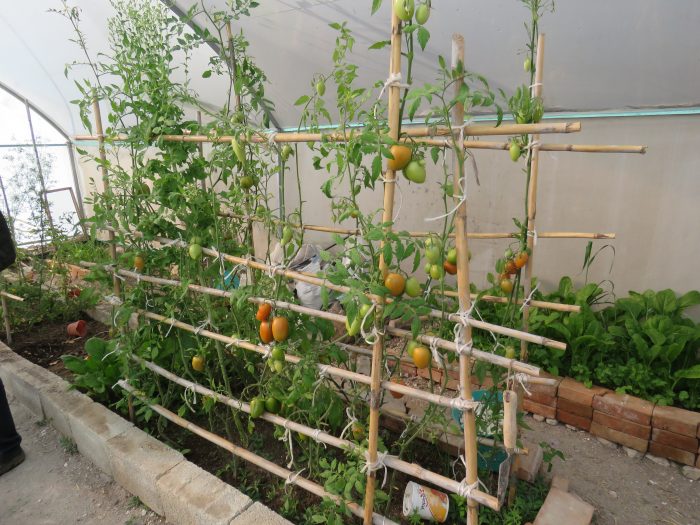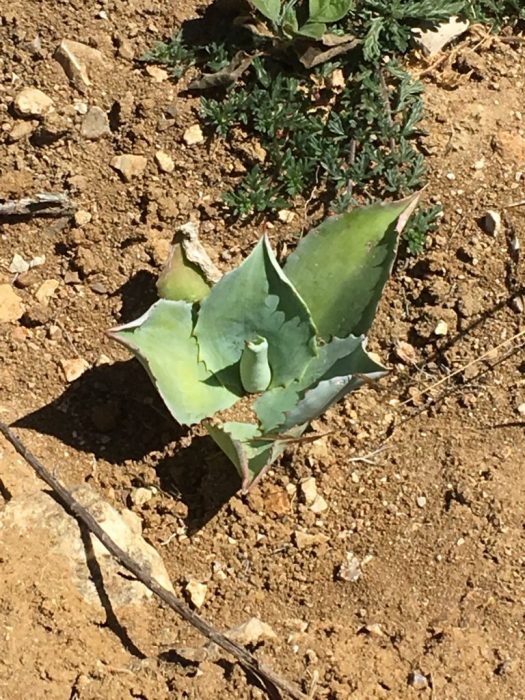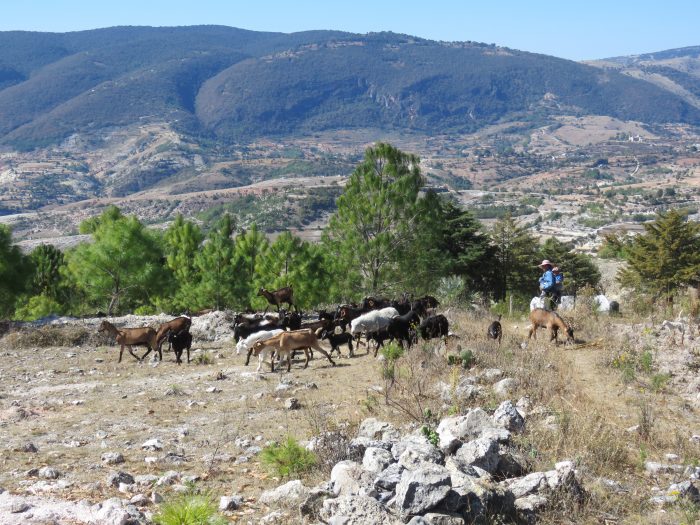The Mixteca is one of the poorest regions of Oaxaca and the country; most of its municipalities have high and very high marginalization rates. Although the region has undergone processes of soil degradation and erosion, it conserves a significant level of biological diversity. Since 2013, the “GEF Mixteca Sustentable” project has promoted diverse community initiatives for the conservation and management of territory in the Mixteca Alta region. Project initiatives include participatory community planning processes to identify problems, as well as project ideas and intervention demonstration sites. Since 2019, the project has received support from the Deutsche Gesellschaft für Internationale Zusammenarbeit (GIZ) GmbH through a local grant provided by the Mainstreaming of Biodiversity within the Mexican Agricultural Sector (IKI-IBA) project.
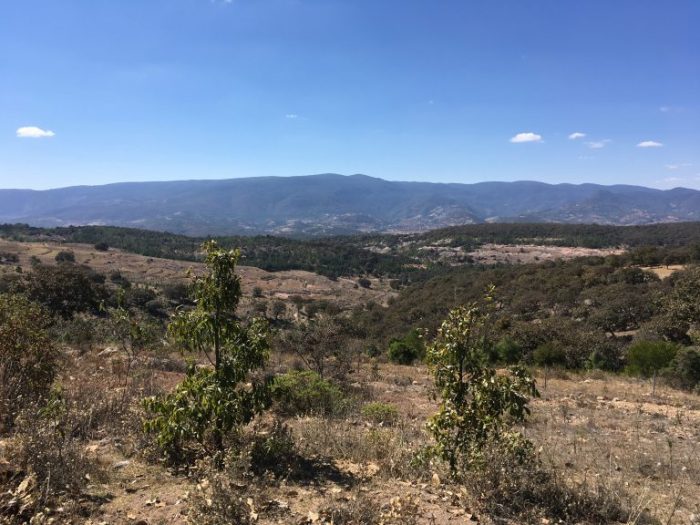
This locally funded GIZ project is being implemented in the municipality of Santiago Tilantongo, Oaxaca, in the Nochixtlán District, specifically in the towns of San Isidro, Providencia and Progreso. Its objective is to consolidate sustainable land management models in the three towns, which are areas strongly affected by soil degradation. The projects promotes productive activities that facilitate the recovery and maintenance of ecosystem services and biodiversity.
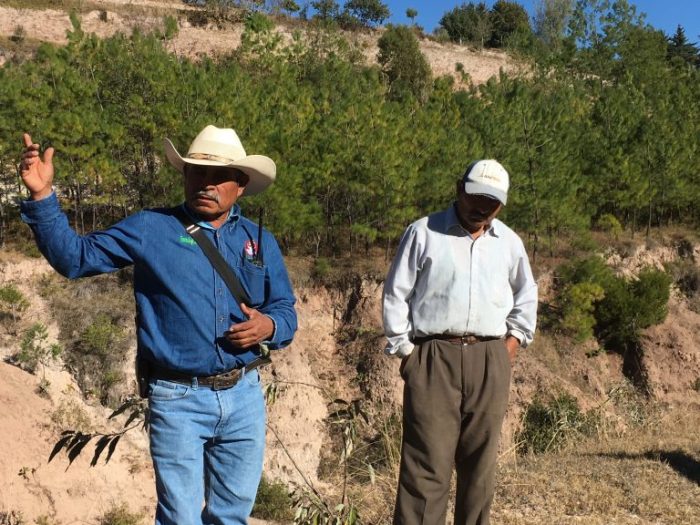
Among the activities carried out include working with the milpa system and the intercropping of fruit trees in hillside areas; the sustainable management of family livestock, which aims to reduce the effects of soil and biodiversity degradation caused by inadequate management; strengthening backyard productive practices to improve the income of families and the sustainability of their land; and promoting the community monitoring of actions to improve soil and humidity conditions, as well agricultural production and biodiversity in the project intervention areas.
